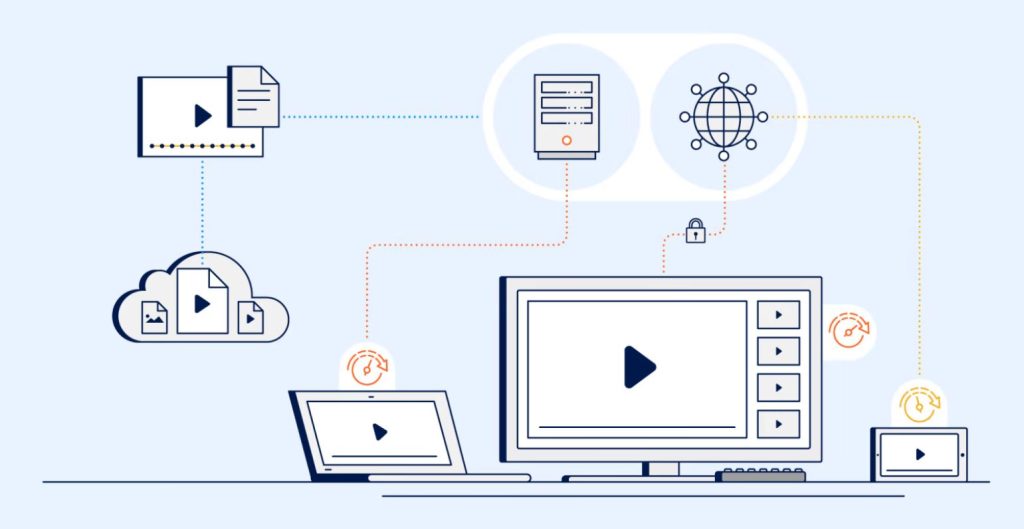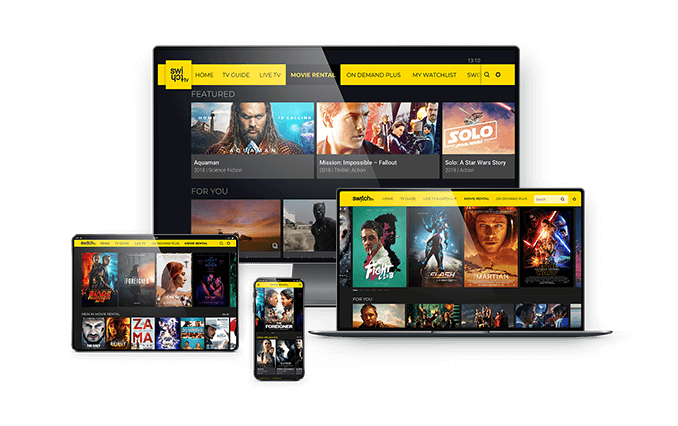HLS

Enhancing IPTV Experience with HLS Technology: A Comprehensive Guide
Introduction
Amidst the dynamic realm of IPTV, HTTP Live Streaming (HLS) emerges as a cornerstone technology. Although unfamiliar to many, HLS significantly enhances content delivery behind the scenes. This adaptive streaming protocol dynamically adjusts video quality, ensuring uninterrupted viewing experiences. Additionally, HLS supports seamless playback across various devices, enhancing accessibility and user satisfaction. Let’s delve into the intricacies of HLS and its impact on IPTV.

Understanding HLS
HTTP Live Streaming (HLS) is a streaming protocol developed by Apple Inc. It breaks down video files into smaller segments and delivers them over HTTP. This adaptive streaming technology dynamically adjusts video quality based on the user’s internet speed and device capabilities. As a result, viewers experience smoother playback with minimal buffering.
Benefits of HLS for IPTV
- Enhanced Compatibility: HLS is compatible with a wide range of devices, including smartphones, tablets, smart TVs, and computers, making it accessible to a broad audience.
- Improved Quality: By adapting video quality in real-time, HLS ensures a consistent viewing experience, even under fluctuating network conditions.
- Scalability: HLS supports scalability, allowing IPTV providers to accommodate varying audience sizes without compromising streaming quality.
- Reliability: With HLS, IPTV services can deliver content reliably over HTTP, reducing the risk of interruptions and ensuring a smoother streaming experience for users.
HLS vs. Other Streaming Protocols
While HLS is widely used, it’s essential to understand how it compares to other streaming protocols like MPEG-DASH and Smooth Streaming. Each protocol has its strengths and weaknesses, but HLS’s widespread adoption and compatibility make it a preferred choice for many IPTV providers.
Integration of HLS in IPTV Services

IPTV providers leverage HLS technology to deliver live TV, video-on-demand (VOD), and catch-up TV services to subscribers. By integrating HLS into their platforms, providers can offer a seamless viewing experience across multiple devices, enhancing customer satisfaction and retention.
Conclusion
In summary, HTTP Live Streaming (HLS) plays a vital role in optimizing content delivery for IPTV services. Its adaptive streaming capabilities, compatibility, and reliability make it indispensable for providers looking to deliver high-quality video content to viewers worldwide. As IPTV continues to evolve, HLS remains a cornerstone technology driving innovation and enhancing the viewing experience for audiences everywhere.



0 Comments